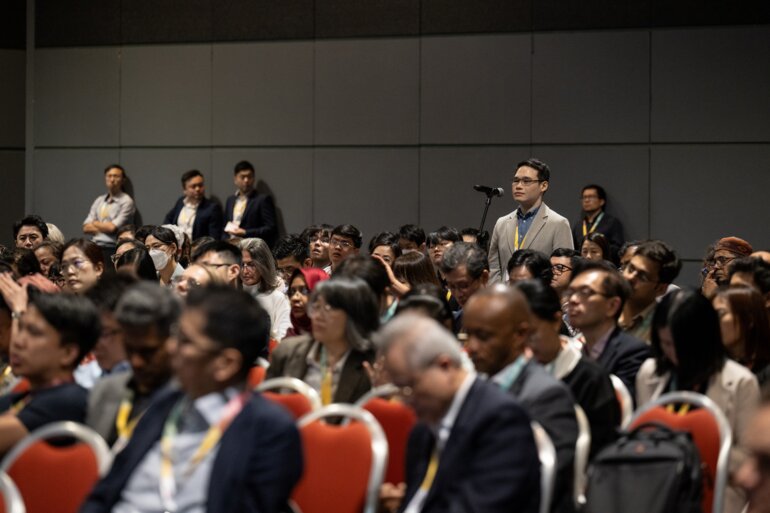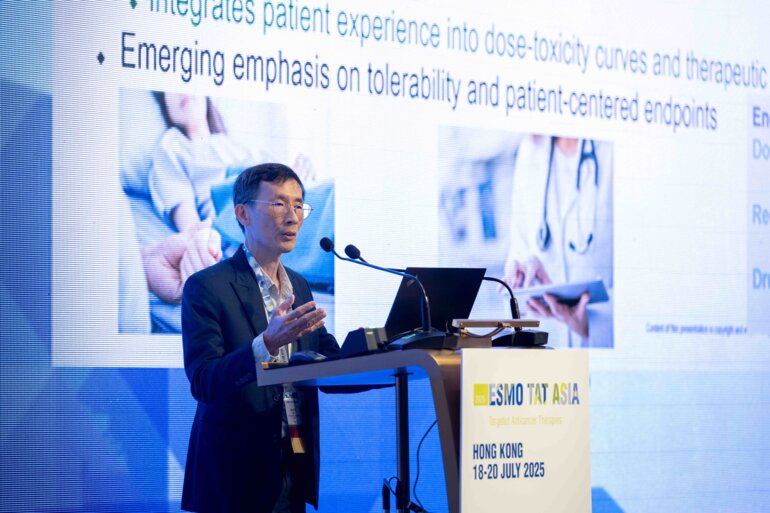Adoption of molecular-based early detection techniques in clinical practice depends on the success of large-scale clinical studies and cost barriers
Early detection of cancer using a single blood test has been the ultimate goal of cancer research for many years. But now, advances in molecular techniques herald a new era of early cancer detection testing. The clinical feasibility of cfDNA-based multi-cancer early detection tests (MCED) is being actively investigated, with large trials such as the NHS-Galleri trial underway (J Clin Oncol. 2022;40(Suppl 16):TPS6606). There is also a greater understanding of cancer pathways – for example, how air pollution increases lung cancer incidence in the presence of mutated EGFR – and these insights may pave the way for new molecular-based prevention approaches.
One of the main challenges now is to create the downstream pathways of care needed to incorporate these innovations into everyday practice. If a patient has a positive result from early detection testing or from molecular screening for high-risk alterations, there are currently no dedicated care pathways to guide the patient through the process of further investigations and treatment. We also need to consider who will be tested, when and where tests will be carried out, and to anticipate the consequences of detecting certain cancers at a much earlier stage than usual.
Some centres are developing new downstream pathways of care – for instance, a dedicated early detection centre was created at Gustave Roussy in 2020 – but these are very rare. In other centres, the shift towards provision of early detection and prevention services will probably be driven by the success of large trials. Currently, their actual benefit in clinical practice is unknown. If, for example, MCEDs prove highly valuable, it is likely that more cancer centres will adapt and create their own early detection pathways. With favourable health technology assessments and existing processes, reimbursement may not be an issue, but we have to get the ‘patient level’ implementation in place first to make molecular testing a success. And there is always the question of access to technology and cost. As with most new technologies, it will likely be that innovations related to molecular analysis will be very expensive for the first few years therefore inaccessible to many patients in low- and middle-income countries, but with time, the situation may change.
So looking ahead to the next 10 years, I do think that molecular cancer early detection and prevention are potentially attainable goals. I believe that blood-based tests will be available allowing the detection of some tumours at an earlier stage than at present, and more lives would be saved, but the scale of the impact is still unknown. Whether the benefit will be widely applied or restricted to a small number of centres or countries is uncertain.







